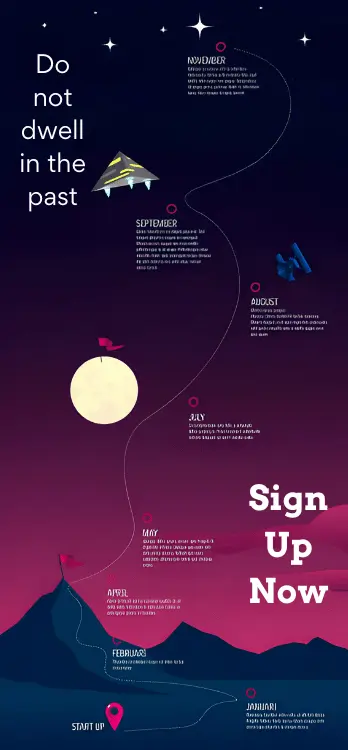Enhancing Network Performance and Customer Experience Artificial Intelligence (AI) is revolutionizing the telecommunications industry by optimizing network management, enhancing customer service,…
Join the AI Revolution!
Dont Miss!
AI News
Introduction: A Fresh Perspective on Hospitality Management In today’s hospitality landscape, where guest expectations are ever-evolving and operational demands continuously rise,…
More Top Stories
Catalyzing Sustainability in Environmental Management with AI and PeakMet Prologue: Nurturing Nature with Advanced Intelligence In the sphere of environmental management, the…
Enhancing Creative Industries with AI: The PeakMet Pathway Foreword: Igniting Creativity with Artificial Intelligence The creative industries, spanning arts, media, design, and…
Unleashing Efficiency in Transportation and Logistics Through AI with PeakMet Introduction: Steering Towards an AI-Enhanced Future in Transportation and Logistics The transportation…
Pioneering Digital Transformation in Real Estate with AI and PeakMet Introduction: The Real Estate Renaissance through AI The real estate sector is…
